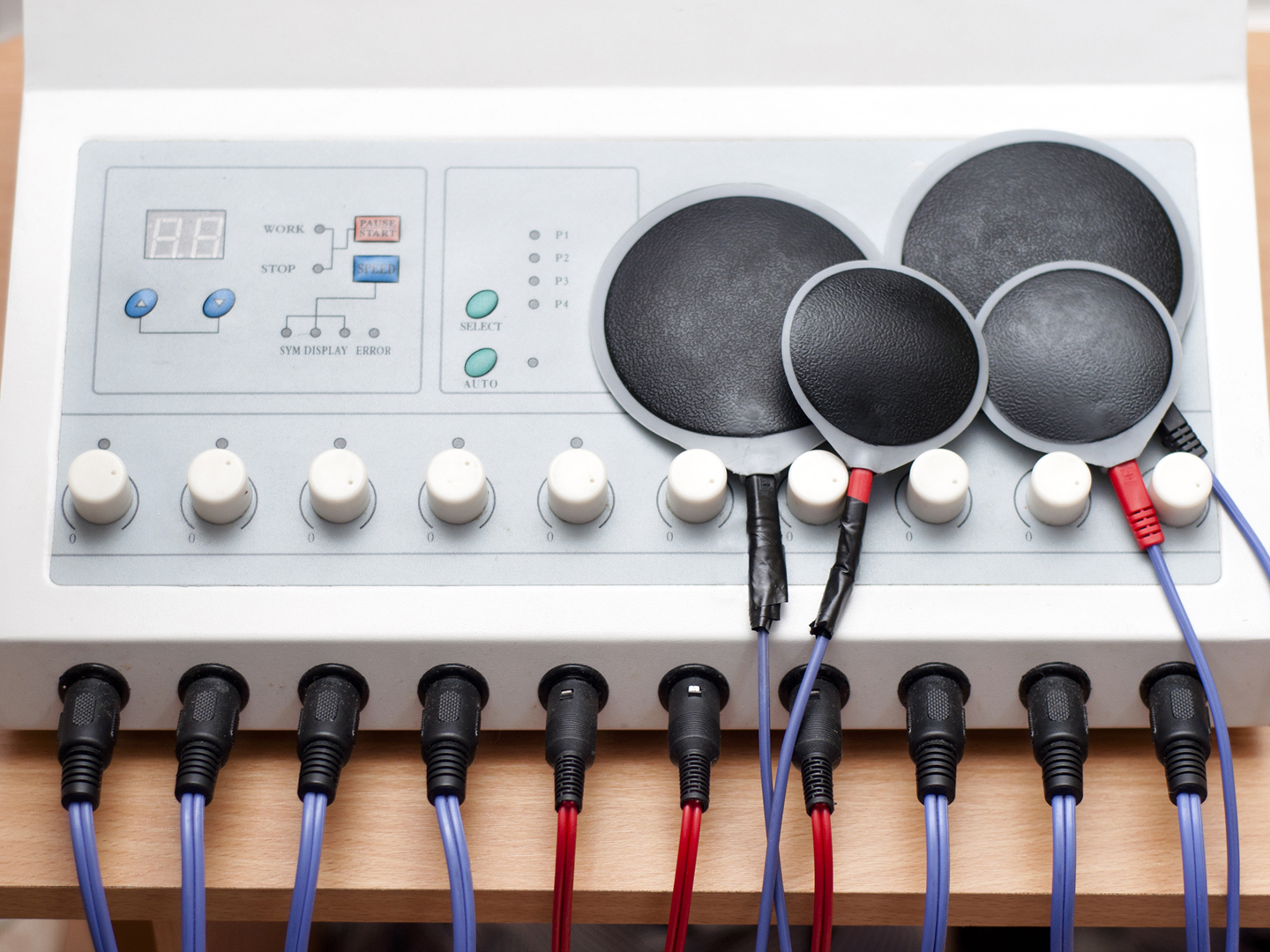Shock Treatment for Mild Depression?
What is your opinion of using electroconvulsive therapy for treating mild depression (meaning not suicidal and without weight loss) in a patient who cannot tolerate the side effects of antidepressant drugs?
Andrew Weil, M.D. | July 9, 2004

Electroconvulsive therapy (ECT), popularly known as shock treatment, is absolutely not indicated for mild depression. It is a drastic treatment with significant side effects that should be reserved for a subset of people with severe depression. If severe depression doesn’t respond to antidepressant medications or psychotherapy and is characterized by suicidal or homicidal thoughts, intractable insomnia, or significant loss of weight, ECT may be indicated. It can also be used for severe mania that doesn’t respond to medication. Common side-effects of ECT include temporary short-term memory loss, nausea, muscle aches and headaches. Some people develop longer-lasting memory problems.
The seizures that ECT triggers are believed to help the severely depressed by releasing neurotransmitters that improve the function of brain cells and, in turn, enhance mood.
I recommend the following treatments for the symptoms of mild to moderate depression:
- Exercise. Aerobic exercise is the most effective treatment I know for mild to moderate depression.
- Relaxation techniques. Breathing exercises, meditation and yoga can help relieve depression.
- Dietary changes. Increasing your intake of foods that provide omega-3 fatty acids (fish such as salmon and sardines, as well as walnuts and freshly ground flaxseeds) can help, perhaps by correcting overactive cell signaling in the brain, which appears to be linked to depression. You may also want to consider taking an omega-3 fatty acid supplement with more DHA than EPA. I also recommend avoiding caffeine and alcohol.
- St. John’s wort. This herb appears to work as well as antidepressants for mild to moderate depression. The recommended dosage is 300 mg of an extract, standardized to 0.3% hypericin and 5% hyperforin, taken three times a day with food.
- SAMe. This supplement, S-adenosy-L-methionine (often called “Sammy”), seems to work faster than St. John’s wort but is much more expensive ($75 or more per month). Look for enteric-coated tablets providing the butanedisulfonate form.
- 5-HTP (5-hydroxy-L-tryptophan). A derivative of the amino acid tryptophan, 5-HTP is converted into neurotransmitter serotonin in the brain. Serotinin helps regulate mood, sleep and appetite. Reduced serotonin levels are associated with depression and 5-HTP may help increase them. However, I would try exercise, St. John’s wort and SAMe first.
In addition, experiment with acupuncture. The World Health Organization recognizes it as effective for treating mild to moderate depression.
Andrew Weil, M.D.











